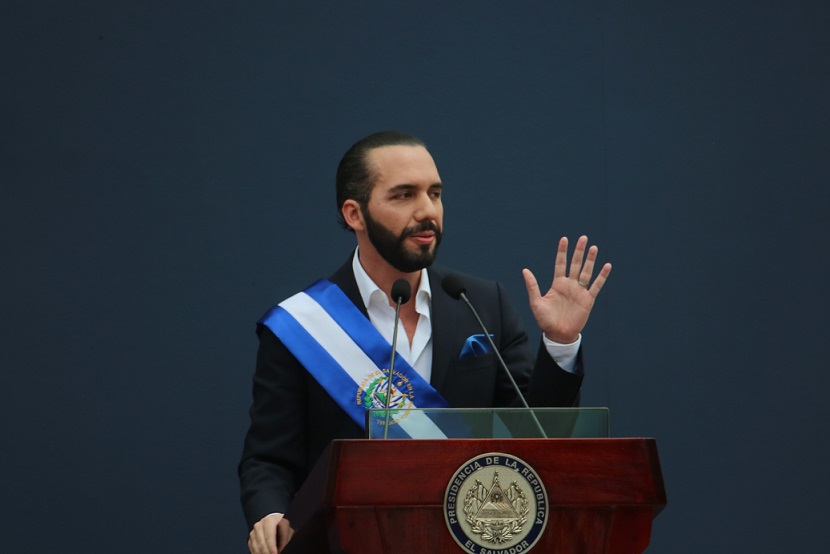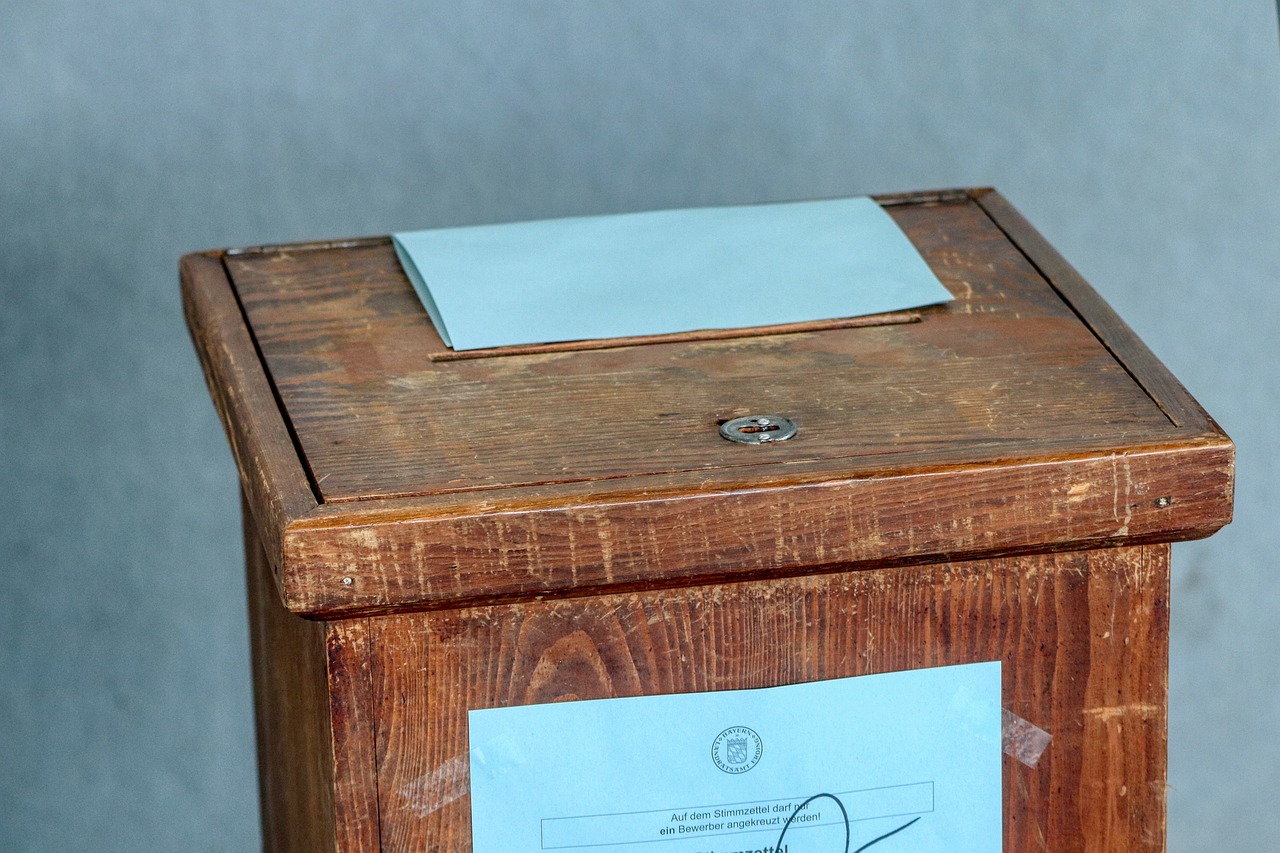The prohibition of immediate presidential re-election is now the backbone of El Salvador’s Constitution. It is one of the few clauses which cannot be amended, and the only one which, if violated, compels the people to insurrection.

Luis Beatón
When the Constitution of the Republic was approved in 1886, El Salvador had struggled in the previous decades against Francisco Dueñas’ attempts to remain in power. Hence, a provision was incorporated in that Constitution to prohibit immediate presidential re-election (Article 82), something that is ignored.
This is how Daniel Olmedo, a Salvadoran lawyer with a Master’s degree in Fundamental Rights from the Carlos III University of Madrid, expresses himself in his approach to the continuity to which President Nayib Bukele aspires and which causes so much resentment in the judicial spectrum and the Salvadoran opposition.
“The duration of the presidential term shall be four years; and the citizen who has exercised the Presidency in propriety, may not be re-elected or elected Vice-President until after the same period has elapsed that will begin and end on March 1 of the year of the renewal, without being able to function one more day,” says Olmedo in an article in Factum magazine.
The prohibition of immediate presidential re-election, he adds, was not new. Previous constitutions (1841, 1871, 1872 and 1880) also contained such a proscription.
 But the problem of rulers with a vocation for permanence was so recurrent that a categorical (stony) disposition was put in place, which left no room for debate.
But the problem of rulers with a vocation for permanence was so recurrent that a categorical (stony) disposition was put in place, which left no room for debate.
When it was decided to incorporate “not one more day” in the 1886 Constitution, it was on the basis of El Salvador’s historic struggle against attempts by presidents to remain in power, he added.
That expression, he stresses, transcended and continues to be in force in today’s Constitution (Article 154), so the presidential term will be five years and will begin and end on June 1, without the person who exercised the Presidency being able to continue in his functions for one more day. Olmedo’s proposal is also valued by numerous lawyers and opposition parties, that is, the prohibition of immediate presidential re-election is not only addressed in this very clear provision, but also in others.
Like other analysts, Olmedo pointed out that in at least five other constitutional articles (Articles 75, 88, 131 ord. 16º, 152 and 248) there is a clear address of the issue. It is also supported by a Salvadoran history of permanent struggle against re-election that, in constitutional texts, dates back at least to 1841.
Two rulings of the Constitutional Chamber of the Supreme Court of Justice (163-2013 and 6-2020) sealed the fact that immediate presidential re-election is prohibited in El Salvador.
 The legal expert points out that the country went through painful chapters to defend alternation in the exercise of the presidency: the dictatorship of Maximiliano Hernández Martínez, a dictatorship of the military party, and a civil war.
The legal expert points out that the country went through painful chapters to defend alternation in the exercise of the presidency: the dictatorship of Maximiliano Hernández Martínez, a dictatorship of the military party, and a civil war.
Today, when the TSE has already confirmed the candidacies of six candidates, including Bukele, the legitimacy and legality of the re-election will remain questioned in the coming months, perhaps after February 4, 2024, as a matter of controversy and friction, since for many analysts and experts it is prohibited. PL
(Translated by Cristina Popa – Email: gcpopa83@gmail.com) – Photos: Pixabay












.jpg)












